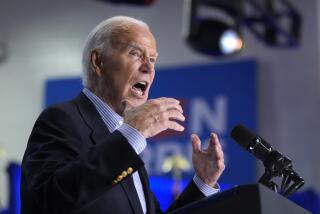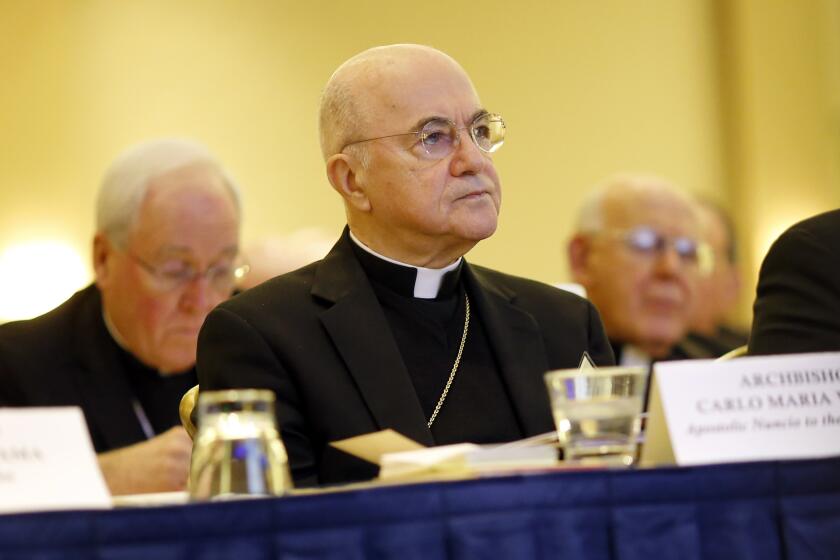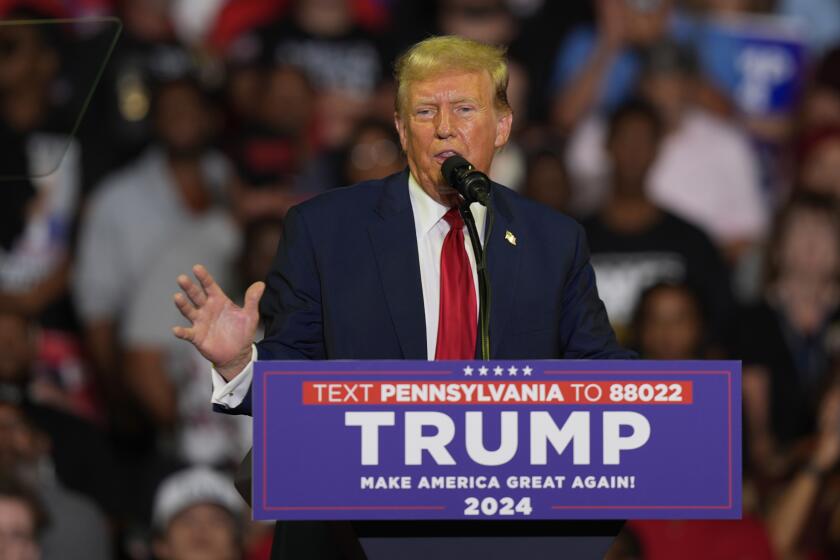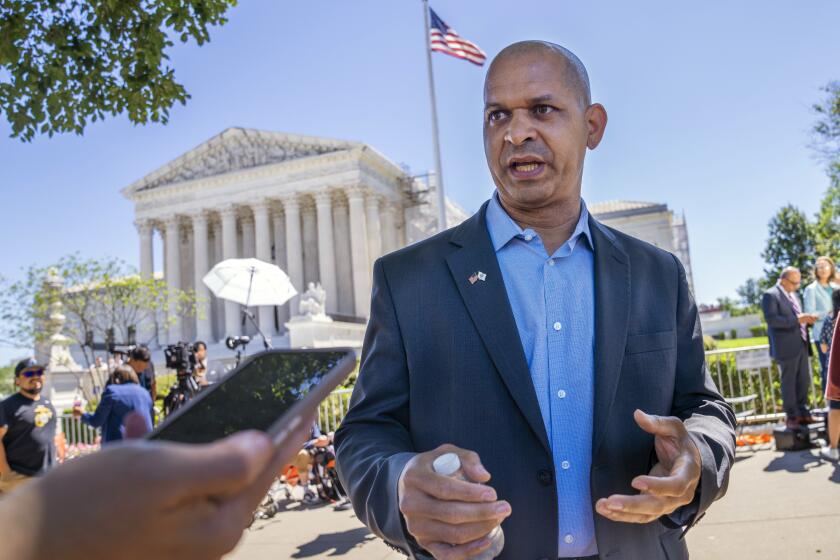Chief justice leads Supreme Court’s support of healthcare law
WASHINGTON -- The Supreme Court led by Chief Justice John G. Roberts Jr. upheld the heart of President Obama’s healthcare law Thursday, ruling that the government may impose tax penalties on those who do not have health insurance.
The decision came on a 5-4 vote, with the court’s four liberal justices joining with the chief justice.
On one hand, Roberts agreed with the law’s conservative critics who said Congress does not have the power to mandate the purchase of a private product such as health insurance.
But the Affordable Care Act does not impose a true legal mandate on Americans, he said. It simply requires those who do not have health insurance by 2014 to pay a tax penalty.
And that is constitutional, Roberts said. “The federal government does not have the power to order people to buy health insurance,” he wrote in the majority opinion. “The federal government does have the power to impose a tax on those without health insurance,” he added.
The mandate is expected to raise about $4 billion a year to help pay for healthcare coverage.
The opinion by the chief justice is likely to surprise his liberal critics and his conservative admirers. He played the decisive role in rejecting the Republican-led legal challenge to the Democrats’ most ambitious social legislation in decades.
Most of the debate of the law, including before the court in March, focused on whether the mandate to have insurance was constitutional under Congress’ power to regulate interstate commerce. But the government in its legal briefs also argued that the Constitution’s tax power created an “independent” basis for upholding the law.
Justice Anthony M. Kennedy, the usual swing vote, spoke for the conservative dissenters and said the entire law should have been struck down.
The ruling was not a total victory for the Obama administration.
Roberts said the law’s required expansion of Medicaid violates states’ rights.
“The states are given no choice in this case. They must either accept a basic change in the nature of Medicaid or risk losing all Medicaid funding,” he wrote.
He said the federal government cannot require the states to follow this part of the law. States that want to take extra federal money may do so, he said, but they cannot be threatened with the loss of all federal funds if they refuse to expand the program as required by Washington.
More to Read
Start your day right
Sign up for Essential California for news, features and recommendations from the L.A. Times and beyond in your inbox six days a week.
You may occasionally receive promotional content from the Los Angeles Times.







